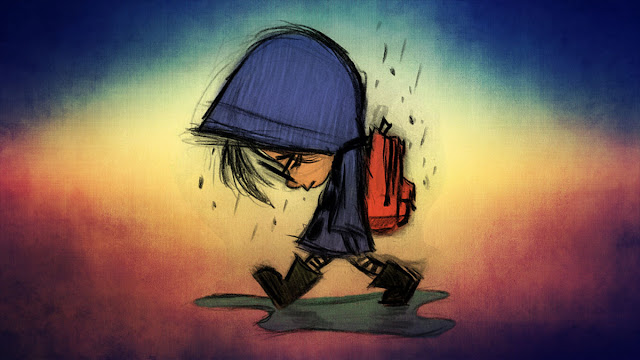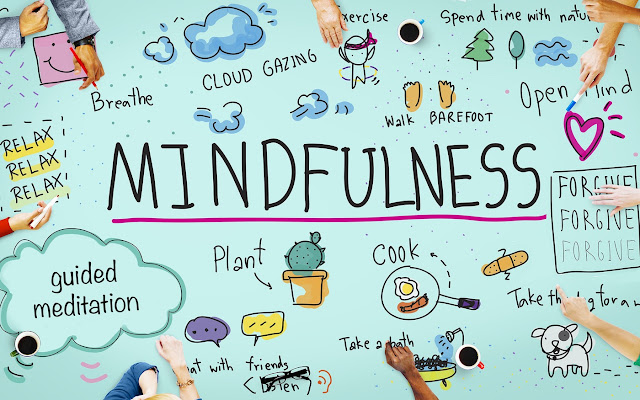Sadness is the feeling that comes from an unhappy event. Now, if you don't deal with it, sadness can become chronic and lead to depression. This is why you might want to learn to deal with it when it comes. Everyone experiences sadness at some point or other in their lives. Studies have shown that sadness lasts longer than many other emotions because we tend to spend more time thinking about it. Ruminating, or going over our sad thoughts and feelings again and again, can lead to depression and keep you from overcoming sadness.
Sadness also helps us appreciate happiness. When our mood eventually changes from sadness towards happiness, the sense of contrast adds to the enjoyment of the mood. However, a shift in the opposite direction is also possible – sadness can turn into depression.
Everyone gets sad sometimes; it’s a part of being human. But feeling sad for a long period of time makes life really hard and isn’t good for your overall health.
What’s causing my sadness?
Not knowing what’s making you feel so crap makes it hard to find a solution. There are some simple things you can do to help figure it out. First up, it’s good to understand some obvious things that can get people down, such as experiencing grief or loss of a loved one, caring for someone who is unwell, being sick or having a medical condition or chronic illness.
There are several things you can do to help yourself through the hard times to feel better:
Talk to someone you trust.
such as a friend or a family member. They might have some insights that you can’t identify yourself, which might help you figure out what’s causing your sadness.
Write down your feelings. The causes of your sadness may become more obvious if you write about what’s happening in your life and how you feel about it.
Distract yourself: Studies have shown that rumination, or the process of going over and over your feelings of sadness, hinders recovery. Distracting yourself from ruminating on your sadness may help you overcome it.
Practice mindfulness. Mindfulness is based on acknowledging your experiences and accepting them without judging them or yourself. Research has shown that practicing mindfulness can actually change how your brain responds to sadness. It can also help you recover from sadness faster.
Try meditation. A common mindfulness technique is mindfulness meditation. Several studies have shown that mindfulness meditation can reduce your brain’s responses to negative emotional stimuli.
Take up yoga. Yoga have been shown to relieve stress and elevate mood. These effects may be because of the emphasis on “self-awareness” in these forms of exercise. Many studies have shown that Yoga help relieve physical and psychological pain.
Listen to music: Sad music. Let yourself feel it. Look into the darkness and see that it's not as scary as you thought. It's just...sad. And sadness is a universal inspiration for great music.
Go outside. Yes, despite your utter, brutal sadness, the world is going on as if nothing happened. As if all is well. And yes, soon you will be one of those people walking around like everything is fine. Because everything will be fine.























No comments:
Post a Comment